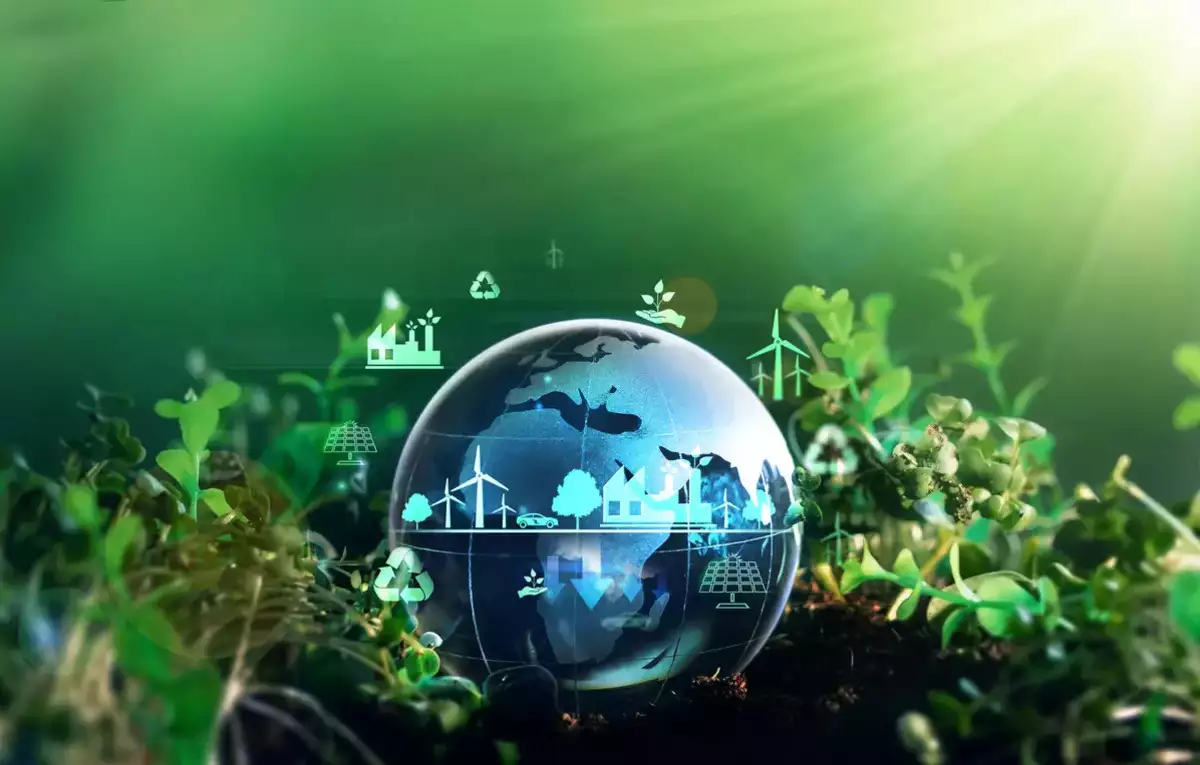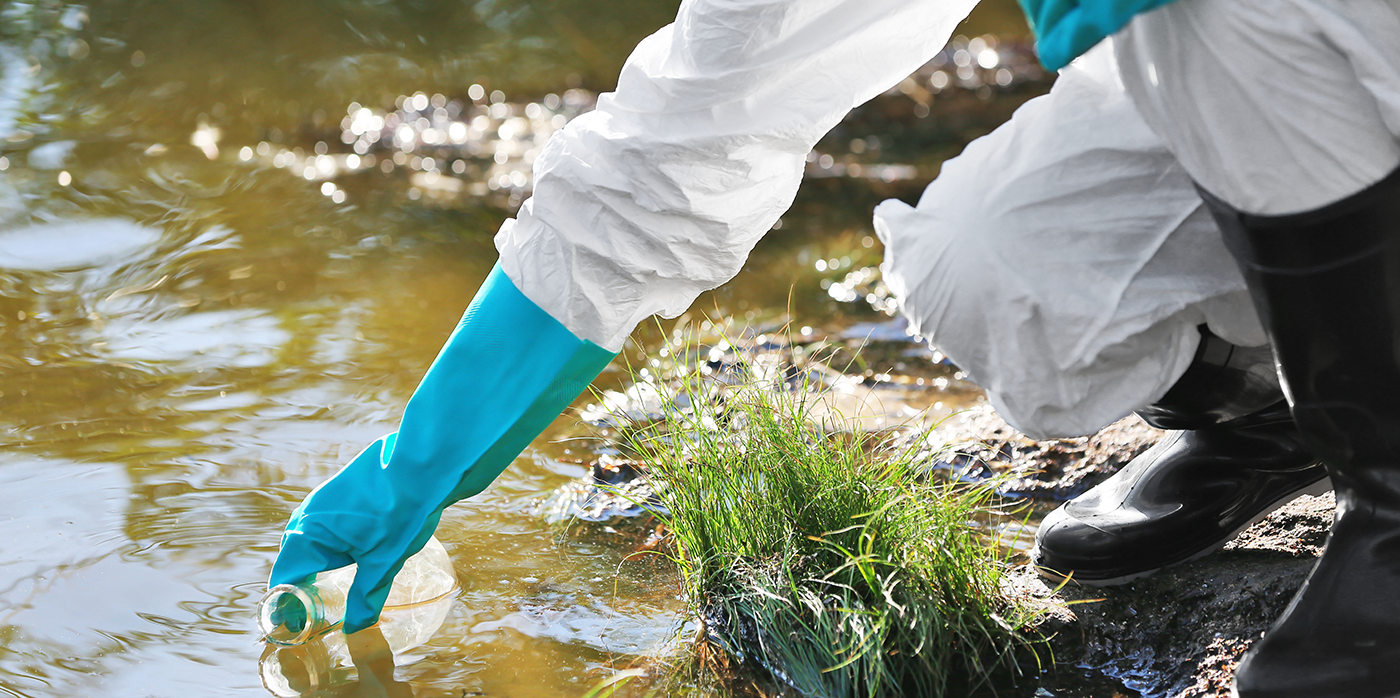A World of Interconnected Systems
Ecology, the study of how living organisms interact with each other and their environment, provides crucial insights into the intricate web of life that sustains our planet. From the microscopic level of microorganisms to the vast expanse of global ecosystems, ecological principles govern the distribution, abundance, and interactions of species, shaping the very fabric of our world.
Key Ecological Concepts:
- Biodiversity: The diversity of life on Earth, encompassing the variety of species, genetic variation within species, and the different ecosystems they inhabit. Biodiversity is crucial for the stability and resilience of ecosystems, providing essential services such as pollination, water purification, and climate regulation.
- Ecosystems: Complex communities of living organisms interacting with their physical environment. Ecosystems can range from a small pond to a vast rainforest, each with its unique characteristics and functions.
- Food Webs: The intricate network of feeding relationships within an ecosystem, where energy and nutrients flow through a series of organisms.
- Biogeochemical Cycles: The cyclic pathways through which essential elements, such as carbon, nitrogen, and phosphorus, move through the Earth’s systems, including the atmosphere, hydrosphere, lithosphere, and biosphere.
Current Ecological Challenges:
- Climate Change: Rising global temperatures, altered precipitation patterns, and increased frequency of extreme weather events are disrupting ecosystems worldwide.
- Biodiversity Loss: Habitat destruction, pollution, overexploitation, and climate change are driving species to extinction at an alarming rate.
- Pollution: Air, water, and soil pollution are contaminating ecosystems, harming wildlife, and threatening human health.
- Habitat Loss and Fragmentation: The conversion of natural habitats for human use, such as agriculture and urbanization, is leading to habitat loss and fragmentation, isolating populations and reducing biodiversity.
Addressing Ecological Challenges:
- Conservation Efforts: Protecting and restoring ecosystems, conserving threatened species, and establishing protected areas are crucial for maintaining biodiversity and ecosystem health.
- Sustainable Practices: Adopting sustainable practices in agriculture, forestry, and fisheries can minimize environmental impacts and promote the long-term health of ecosystems.
- Renewable Energy: Transitioning to renewable energy sources can reduce greenhouse gas emissions and mitigate climate change.
- Environmental Policy: Strong environmental policies and regulations are essential for protecting ecosystems and promoting sustainable development.
Conclusion
Understanding ecological principles and addressing the challenges facing our planet’s ecosystems are critical for ensuring a healthy and sustainable future for all. By working together to protect biodiversity, conserve natural resources, and mitigate the impacts of human activities, we can safeguard the intricate web of life that supports us all.



